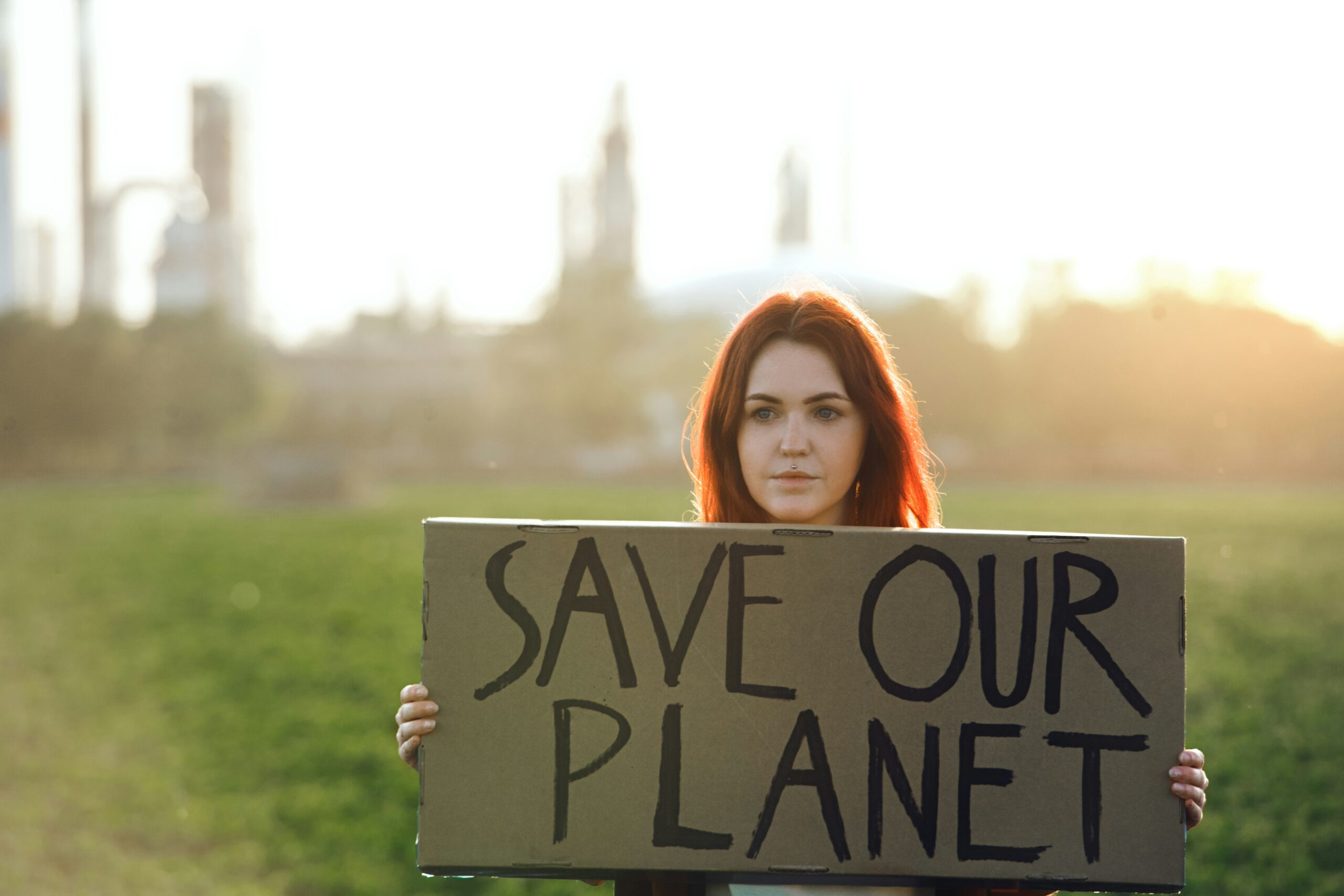
Environmental challenges such as climate change, pollution, and biodiversity loss can feel overwhelming, often leading to helplessness. Yet, the truth is that every small action contributes to a more significant movement toward planetary health and sustainability. The collective impact of individual choices and community efforts plays a crucial role in shaping a sustainable future. This article explores why every small action counts in the fight for the planet and how individuals can make meaningful contributions that add up to real change.
Why Every Small Action Counts in the Fight for the Planet
The urgency of environmental issues demands action at all levels—global, national, community, and individual. While systemic policy changes and corporate responsibility are vital, grassroots efforts and personal commitment form the foundation of lasting environmental progress. Here’s why your small actions genuinely matter.
The Power of Collective Impact
One individual’s recycling habit or energy-saving measure might seem insignificant, but when multiplied by millions, these actions create substantial environmental benefits.
For example, if one household reduces water use by 10%, the cumulative effect across a city or country can conserve billions of gallons of water annually. Similarly, widespread adoption of reusable bags or reduction in single-use plastics can significantly decrease landfill waste and ocean pollution.
Collective impact works through the “ripple effect.” Small changes inspire others to adopt sustainable habits, expanding the reach and influence of environmental efforts.
Empowering Communities and Influencing Policy
Small actions like neighborhood cleanups or tree-planting drives can spark community initiatives. These grassroots movements raise awareness, build social connections, and demonstrate public support for environmental causes.
Active communities can influence local governments to adopt eco-friendly policies, such as improved recycling programs, green infrastructure, and conservation efforts.
Individual engagement in environmental advocacy amplifies voices calling for systemic change, bridging personal action with political impact.
Driving Demand for Sustainable Products and Practices
Consumer behavior influences markets. When individuals choose eco-friendly products, companies respond by increasing supply and innovating greener solutions.
Buying locally grown food reduces carbon emissions associated with transportation. Supporting companies with sustainable practices pressures others to improve their environmental standards.
Even small purchasing decisions contribute to shaping sustainable economies that prioritize environmental stewardship.
Creating Sustainable Habits and Lifestyle Changes
Adopting sustainable habits—like conserving energy, reducing waste, or choosing sustainable transportation—has cumulative benefits for the environment and personal well-being.
Daily changes become lifestyle practices that shape consumption patterns, reduce ecological footprints, and foster mindfulness about resource use.
As these habits spread through social networks, they contribute to cultural shifts toward sustainability.
Overcoming the “Tragedy of the Commons”
Environmental issues often stem from shared resource overuse. The “tragedy of the commons” describes situations where individual self-interest leads to collective harm.
Small, responsible actions help counteract this problem by promoting stewardship of shared resources. When individuals commit to sustainable water use, waste reduction, or energy conservation, they help preserve resources for the entire community and future generations.
Personal responsibility supports collective resource management, reinforcing sustainable norms.
Small Actions That Make a Big Difference
There are countless small actions individuals can take to contribute to environmental health:
Reduce, Reuse, Recycle: Minimizing waste and promoting circular economies.
Conserve Water and Energy: Fix leaks, use energy-efficient appliances, and turn off unused devices.
Choose Sustainable Transportation: Walking, biking, carpooling, or public transit.
Support Renewable Energy: Installing solar panels or opting for green energy providers.
Eat a Sustainable Diet: Reduce meat consumption and buy seasonal, local produce.
Advocate and Educate: Sharing knowledge and encouraging others to act.
Each of these actions, multiplied by community participation, drives significant progress.
The Role of Education and Awareness
Education is vital in empowering individuals to take small actions confidently and effectively. Understanding the environmental impact of daily choices motivates behavior change.
Schools, media, and community programs disseminate information that demystifies sustainability, making it accessible to everyone.
Awareness campaigns also counter misinformation and highlight success stories, inspiring broader engagement.
Overcoming Barriers to Action
Despite good intentions, barriers such as a lack of time, resources, or knowledge can inhibit individual action.
Communities and organizations can facilitate participation by:
Providing easy-to-follow guidelines and tools.Creating supportive environments, like
community gardens or recycling centers.
Offering incentives for sustainable behaviors.
Building social support networks to maintain motivation.
Reducing barriers ensures that minor actions are inclusive and sustainable.
Your Small Actions Are Vital to Our Planet’s Future
The fight for the planet is not reserved for policymakers or corporations alone. Individuals hold power through daily decisions and small actions that collectively shape environmental outcomes.
By embracing sustainable habits, supporting green initiatives, and inspiring others, individuals become integral contributors to planetary health.
Remember, no action is too small when multiplied by millions. Your efforts ripple outward, creating waves of change that sustain life on Earth for generations.